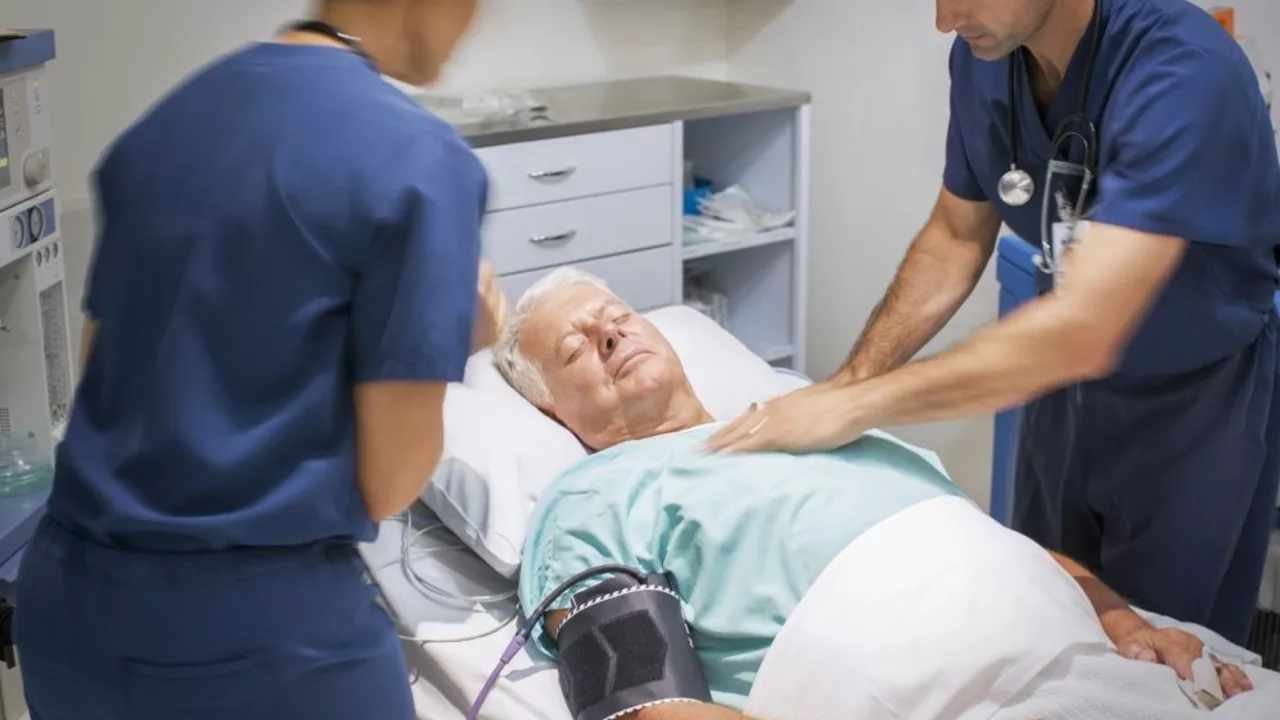Remission: What it Means and How to Stay Well
Remission sounds like an end, but it’s really a new stage. It means disease activity has dropped to a level where symptoms improve or disappear. That can look different for cancer, autoimmune disease, epilepsy or depression. Some people get complete remission (no detectable disease). Others have partial remission (symptoms much better but still monitored).
How remission usually works
Treatments aim to control the process that caused the illness. For cancer that might be surgery, chemo, targeted drugs like Ibrutinib, or immunotherapy. For autoimmune disease it can be steroids or immune modulators. For epilepsy, drugs such as phenytoin (Dilantin) or newer options keep seizures in check. Success is measured with tests, scans, lab values, and how you feel day-to-day.
Remission doesn’t erase risk. Doctors keep watching because relapse can happen months or years later. The timeline and risk depend on the condition, treatment type, and individual factors like age and overall health.
Practical steps to protect remission
Keep follow-up appointments. Routine blood work, imaging, or other checks catch warning signs early. Bring a short list of symptoms to each visit so nothing important slips through the cracks.
Take medications exactly as prescribed. Stopping or tapering drugs without medical advice raises relapse risk. If side effects are a problem, talk to your clinician about alternatives or dosing changes.
Build a simple daily routine that supports recovery: enough sleep, balanced meals, gentle activity, and stress tools like breathing or short walks. These habits help the immune system, mood, and energy — all relevant to staying well.
Track symptoms and triggers in a notebook or app. Small changes often show up before major relapse. Note headaches, pain flares, fatigue shifts, new lumps, odd bleeding, mood swings, or seizure aura changes, and report them promptly.
Protect mental health. Remission brings relief but also anxiety about recurrence. A counselor, support group, or peer community can reduce fear and help you plan practical next steps.
Keep a clear medical summary: diagnoses, treatments, key test dates, and current meds. If you change doctors or need urgent care, that one-page snapshot speeds good decisions.
Know clear red flags for your condition. For cancer, sudden weight loss, new lumps, or severe pain need quick review. For epilepsy, more frequent or longer seizures mean higher risk. Ask your care team which signs require an urgent call.
Vaccinations, dental care, and safe sleep are small actions with big payoff. Infections and untreated dental problems can trigger flares for some autoimmune conditions or weaken recovery after cancer therapy.
Remission is a managed state, not a guarantee. By sticking with monitoring, meds, lifestyle basics, and open communication with your healthcare team, you lower the odds of relapse and improve quality of life. If anything feels off, call your provider — early action often makes the difference.
Mycosis Fungoides: A Patient's Journey from Diagnosis to Remission
Throughout my journey with Mycosis Fungoides, I faced numerous challenges and emotions from the moment I received my diagnosis to finally achieving remission. The initial shock and fear were overwhelming, but I was determined to fight this rare form of skin lymphoma. With the support of my medical team, family, and friends, I underwent various treatments to combat the disease. Along the way, I experienced ups and downs, but never lost hope. Today, I am grateful to share my story of remission and hope to inspire others facing similar battles with this rare condition.

